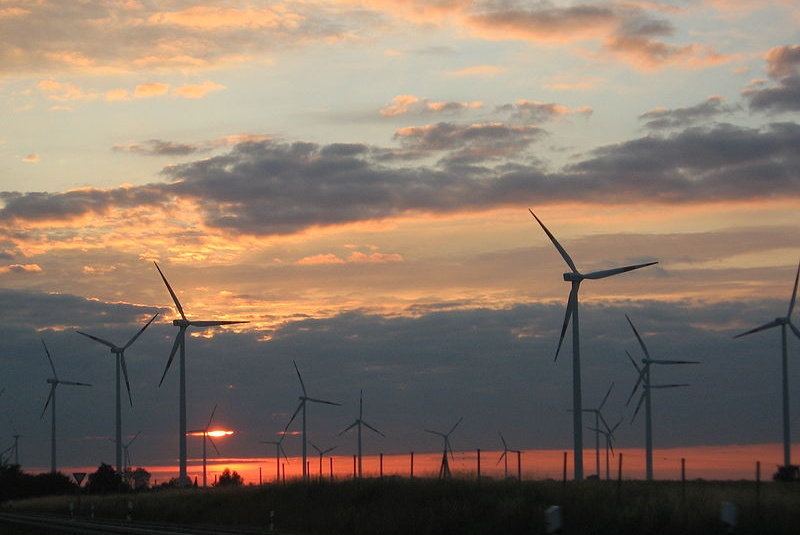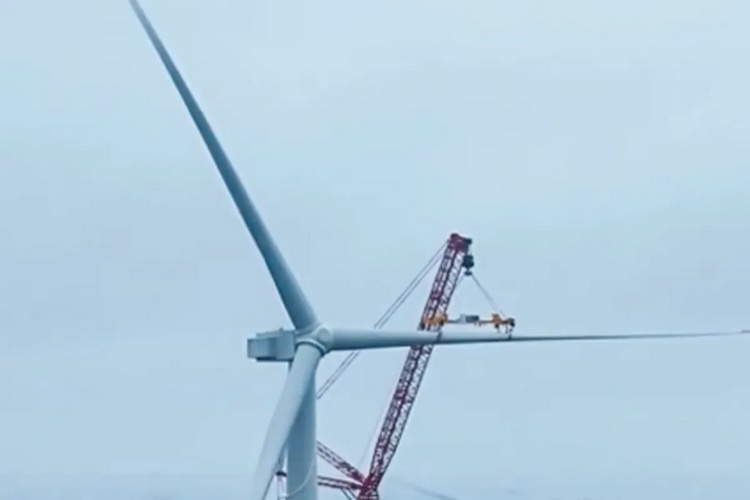July 1 NEC Energy News
¶ “Germany Achieves 58% Renewable Energy Share In First Half Of 2024” • Germany achieved a new record for renewable energy generation, covering some 58% of its electricity consumption in the first half of 2024 with wind, solar, biomass, and hydropower. The share of renewable energy has increased from 52% in the first half of last year. [ZAWYA]

¶ “Senate Poised To Send Bill Boosting Nuclear Power To Biden’s Desk” • The Senate is poised to send an energy bill to President Biden’s desk that could allow for more nuclear power to be built in the US. The legislation seeks to reduce fees for companies that are proposing to build nuclear reactors and establish a prize that aims to incentive nuclear deployment. [Yahoo]
¶ “Thumbs Up For 1.2-GW Delaware Offshore Wind Law” • The US offshore wind industry welcomed the passage of a bill before the Delaware legislature that sets a 1200-MW state target. Trade group Oceantic Network said the Delaware Energy Solutions Act of 2024 encourages regional cooperation, and could streamline transmission development. [reNews]
¶ “China Makes History With Installation Of Record-Breaking Wind Turbine In Open Water” • China installed an 18-MW wind turbine earlier this month off the shore of Guangdong province. It is the largest wind turbine ever by power rating, and experts expect it to produce enough electricity to meet the annual needs of 36,000 homes. [The Cool Down]

¶ “Arctic ‘Dirty Fuel’ Ban For Ships Comes Into Force” • A ban on the dirtiest and most climate-damaging fuel for ships has come into effect in Arctic waters. Heavy Fuel Oil is a tar-like but cheap oil widely used in shipping around the world. However, HFO is particularly damaging in the Arctic, where its black smoke makes snow and ice melt faster. [BBC]
¶ “Bangladesh Can Meet Entire Electricity Demand By Solar Energy: Study” • Bangladesh could generate enough solar energy to meet its entire electricity demand, contrary to the myth of land scarcity, as the country’s abandoned land, rooftops, water bodies, and arable land can be used to produce a significant amount of solar power. [The Business Standard]
For more news, please visit geoharvey – Daily News about Energy and Climate Change.
